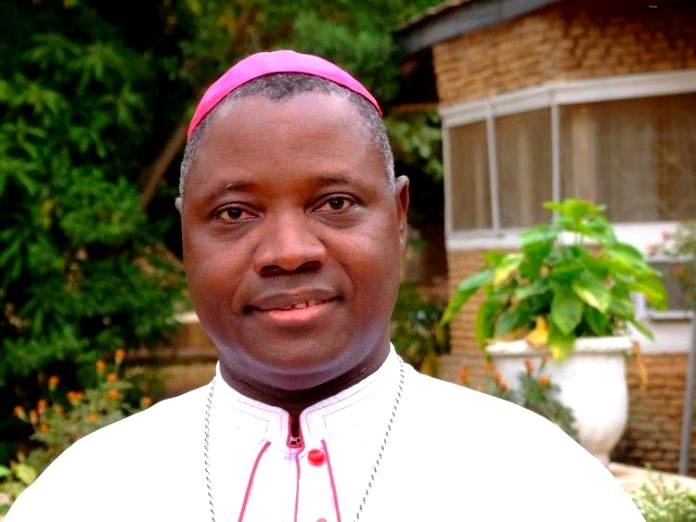The Executive Secretary, National Human Rights Commission (NHRC), Mr Tony Ojukwu, has called for stiffer penalties against human rights violators to curb impunity in the country.
Ojukwu, stated this at a two-day National Human Rights Defenders meeting, in Abuja on Wednesday, to commemorate the 16 days activism to end Gender Based Violence (GBV).
The meeting was in line with the implementation of the joint EU-UN Spotlight Initiative to eliminate violence against women and girls in Nigeria, organised by the United Nations Development Programme (UNDP).
Represented at the event by Mr Richmond Iheme, a Deputy Director at the commission, Ojukwu stressed the need for accountability to prevent violence, conflicts and realisation of peace and development.
“Unless perpetrators of human rights violations are held responsible for their actions, impunity will continue to be the order of the day,” he said.
He added that the consequences of unaddressed grievances and unaccountability included strife and continuous violation, which might result in anarchy in the society, stressing that the commission had taken some progressive steps to enhance accountability and improve access to justice for victims and survivors of human rights abuses.
The NHRC helmsman identified these steps to include, setting up various panels to address complaints and public outcries over issues relating to Sexual Gender Based Violence (SGBV), demolition and eviction, SARS and other issues to protect the rights of citizens.
He noted the commission’s role in drawing the attention of government to its obligations to respect, protect and fulfill human rights, saying that stakeholders should, therefore, continue to partner with it in the quest for accountability and achieving its mandates.
Mr Benedict Agu, Special Assistant to the NHRC Executive Secretary, stressed the need to quicken the legislative process to ensure that the Witness Protection Bill 2017 became an Act so as to enhance the confidence of witnesses to come forward and assist law enforcement and prosecutorial activities for a robust criminal justice system.
Agu, who is also the Head of Monitoring Department in the commission, said provisions should also be made for the protection of human rights defenders.
Similarly, Mr Harry Obe, Director, Women, Children and Vulnerable Groups Department, NHRC, disclosed that the commission used various media to address the needs of SGBV survivors during the COVID-19 lockdown.
The commission improved on access to toll free lines, strengthened partnership with the media, improved ICT based platforms and reduced emphasis on bureaucracy and physical file based complaint treatment and response, he said.
Also, Ms Khadijah Awwal, Project Lead Africa, UNSUB Africa, revealed that a digital platform, “unsub” App was created to connect SGBV survivors to support providers like the government, CSOs and other stakeholders.
Similarly, Joseph Badru, Chief Operating Officer, stressed the role of technology as a tool for human rights defenders to gain access to data and more information on SGBV, adding that the App was launched in September and currently has over 2,300 downloads, with over 230 cases of SGBV reported.




